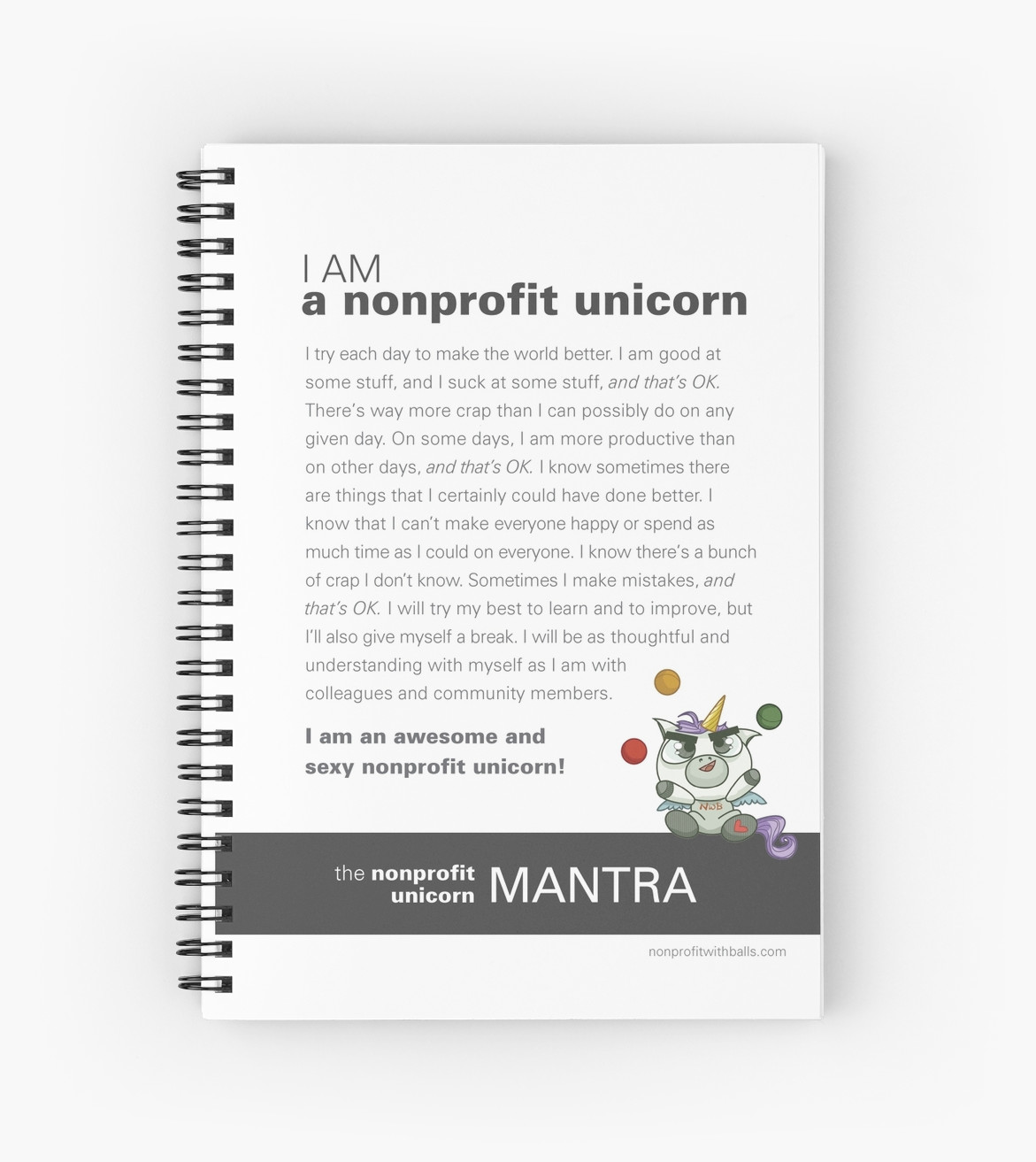 Hi everyone. Thanks for buying NWB merchandise this past week (it pays for the hosting of this blog. And also grant-rejection tequila). Sorry if you’ve emailed me or left a voicemail, tweet, or Facebook message and never got a response from me. I am going to blame having a two-month-old. I’m pretty much in a constant state of hallucination. I’ll get back to you, but it may be a while, especially if these pterodactyls keep dropping 990 forms on me. Get away from me; you’re extinct!
Hi everyone. Thanks for buying NWB merchandise this past week (it pays for the hosting of this blog. And also grant-rejection tequila). Sorry if you’ve emailed me or left a voicemail, tweet, or Facebook message and never got a response from me. I am going to blame having a two-month-old. I’m pretty much in a constant state of hallucination. I’ll get back to you, but it may be a while, especially if these pterodactyls keep dropping 990 forms on me. Get away from me; you’re extinct!
Let’s talk about jargon. We have so many clichéd phrases and concepts in our sector. Many of them we’ve adopted from the for-profit sector; and some of them, we invented. More people are talking about jargon and how to avoid them, like this article, and this great infographic. But no one offers alternatives to jargon. And it is my philosophy to never offer a critique without offering potential solutions, unless I’m lazy. So I made up new jargon that you can use as alternatives. Try them out. Hopefully, these new clichés will catch on so that we can make charts to complain about them later:Continue reading →





